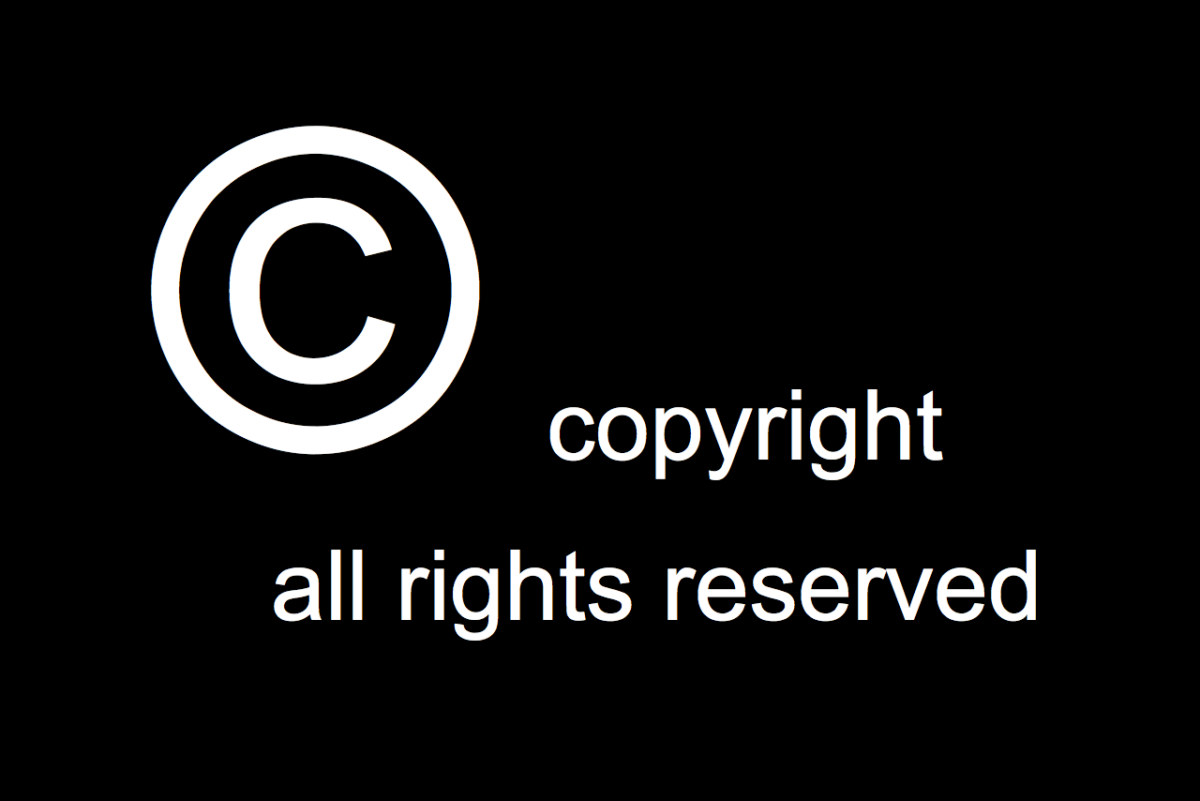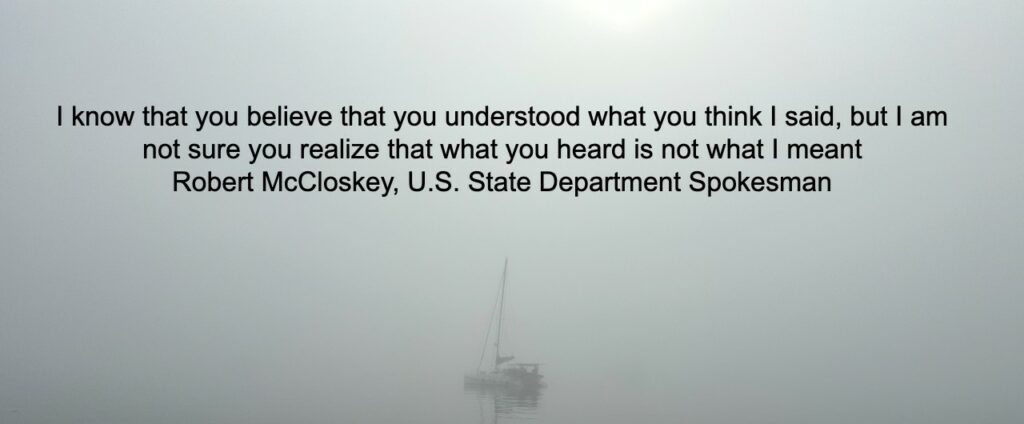Copyright
What is Copyright? In the United States, copyright law protects creators of “original works of authorship,” including literary, dramatic, musical, artistic, and other intellectual works, against unlawful copying, distribution, performance, display, and derivatives (Copyright Act of 1976, 2001). In other words, when you compose any kind of work, whether it’s an alphabetical text or some ...







